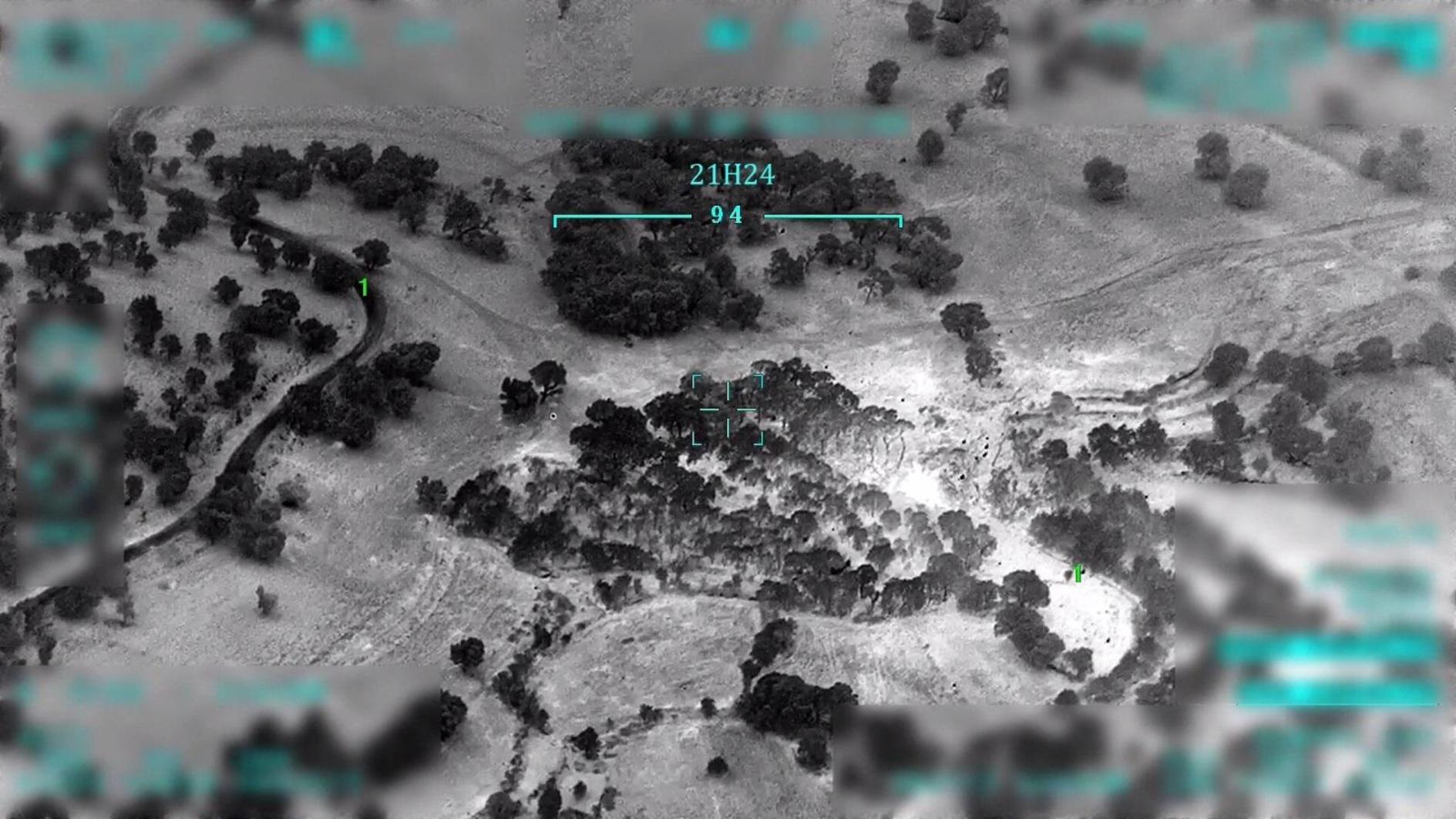Dink case is not over; it is only beginning
The verdict of Istanbul’s Specially Authorized 14th Criminal Court the other day on the Hrant Dink case has created pains in the conscience of Turkish society. The extensity of the reaction from very diverse segments of society as soon as the verdict was announced demonstrates an unprecedented consensus has been reached in public opinion.
It can also be said this verdict, as it is, has seriously damaged the perception of justice in society. One of the reasons for the strength of the impact is the court was convinced there was no organizational factor in the murder. In a period when it has become routine practice for defendants at specially authorized courts to be charged with being members of [illegal] organizations, the fact there were no organizational ties found in the Dink murder has been reflected upon as a strange matter. From a comparative view, it can be concluded the scale of justice in Turkey falls short of complying with minimum standards of fairness and objectivity.
Everyone but Dink knew he was going to be killed
One interesting aspect of the verdict is Erhan Tuncel has been acquitted. The court has been convinced Tuncel fulfilled his duties as the police informant by telling relevant authorities the murder was going to be committed. The 10.5-year jail sentence given to Tuncel is related to the role he had played during the bombing of the McDonald’s branch at Trabzon in 2004.
The fact Tuncel has been sentenced in 2012 as result of an act in 2004 again begs the question as to why he was not tried at the time he committed this crime. He has not been tried because he has been given the role of a police informant in return. However, I do not think we have clauses that allow this kind of a negotiation in our laws.
Even so, after Tuncel became an informant, he filed the information Dink was going to be killed to relevant authorities. Meanwhile, the Trabzon gendarmerie learned from its intelligence sources, through their own informants, Dink was going to be killed. To be precise, in year 2006 at Trabzon, both the police and the gendarmerie knew Hrant Dink was going to be killed.
The problem is, even though this intelligence was collected “with success,” by not taking the necessary precautions, the authorities were mere spectators of Hrant Dink’s death. This intelligence was shelved at Trabzon’s Provincial Gendarmerie Command. Trabzon Security, on the other hand, sent the intelligence report on the matter to Istanbul Security Department and the Intelligence Department at General Directorate of Security in Ankara, but police took no precautions.
Why did ECHR sentence Turkey?
In 2008 Istanbul’s Regional Administrative Court decided not to proceed with the indictment charging the officials at Istanbul Security Department of negligence regarding the murder.
In 2009 the Prime Ministry Inspection Board demanded an inspection into the officials of the Intelligence Department of Ankara security due to dereliction of duty, but inspectors of the Interior Ministry came to the conclusion “there was no need to prosecute.” As a result, the only official unit, the members of whom were tried and convicted because of their responsibility in the murder, was the gendarmerie.
The then commander of the Trabzon Gendarmerie Regiment Col. Ali Öz was sentenced to six months in prison, charged with “neglect of duty.” There were no convictions on the police front.
While these developments were unfolding, the European Court of Human Rights charged Turkey in September 2010 for A) violating Hrant Dink’s right to life by causing his death through not taking preventive measures even though the correct intelligence had been obtained, and B) not carrying out an effective investigation afterward.
The political responsibility of the verdict of the court in Strasbourg lies with the Justice and Development Party (AK Parti) government. The ECHR decision means the government failed to demonstrate a strong political will on unfolding the incident with all its dimensions. It seems as if we are only beginning at the Hrant Dink trial.
Sedat Ergin is a columnist for daily Hürriyet in which this piece appeared Jan. 19. It was translated into English by the Daily News staff.











